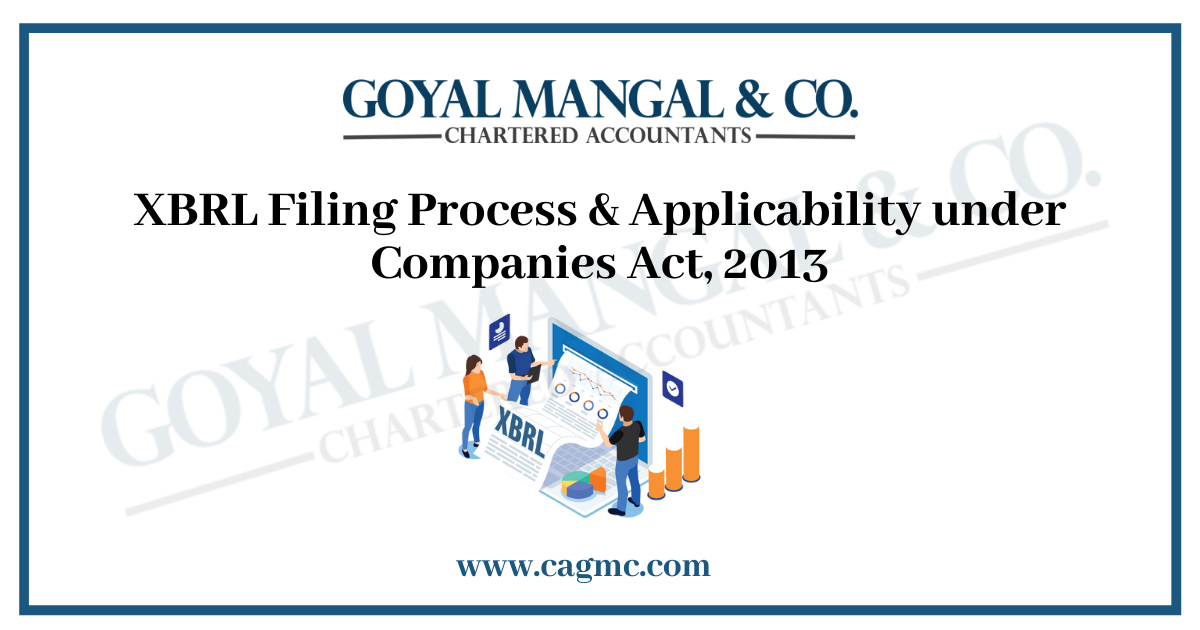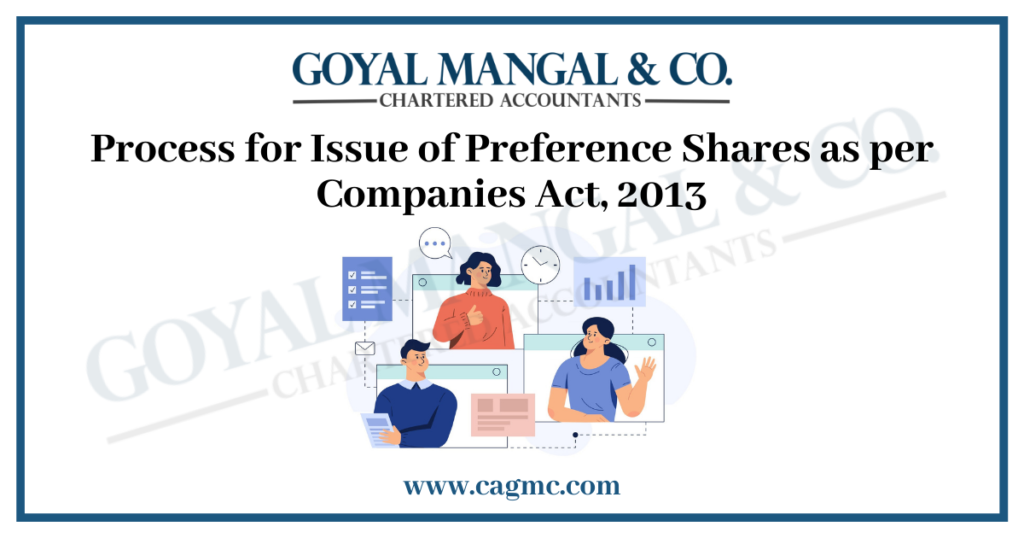
Companies must file annual reports, quarterly reports, management discussion and analysis, and other filings with authorities and investors. Most businesses prepare these financial reports manually, which means they suffer challenges common to manual processes, such as a high chance of error, extended cycle times, and, most significantly, a lack of a reporting standard. With the introduction of XBRL (eXtensible Business Reporting Language), these difficulties were overcome. In this article, we’ll discuss about XBRL Filing Process & Applicability elaborately.
|
Table of Content: |
XBRL Filing Process & Applicability- Concept of XBRL
XBRL is an electronic business and financial data communication language that is transforming business reporting around the world. It has significant advantages in the preparation, analysis, and communication of company data. All parties involved in supplying or using financial data benefit from cost reductions, increased efficiency, and enhanced accuracy and reliability. eXtensible Business Reporting Language (XBRL) is an acronym for eXtensible Business Reporting Language. It is already being used in a number of nations, and XBRL deployments are fast increasing around the world.
XBRL’s Applicability
Section 137 of the Companies Act, 2013 read with the Companies (Filing of Documents and Forms in XBRL) Rules 2015 and the additional subjected laws of the Companies Act, 2013 read with the rules made in it, as well as any statutory modification(s) or re-enactment thereof for the time being in force, would provide their financial statements and other documents to the registrar inside e-form AOC-4 XBRL under MCA: –
- India’s companies and their Indian subsidiaries that are listed on stock exchanges
- Companies with a paid-up capital of 5 crore rupees or more are eligible.
- Companies with a revenue of $100 million or more are eligible.
- The Companies (Indian Accounting Standards) Rules, 2015 apply to all companies that must prepare financial statements in accordance with the Companies (Indian Accounting Standards) Rules, 2015.
Indeed, companies that submitted their financial statements in XBRL under section 137 would continue to submit their financial statements and supporting documents in XBRL, and so would no longer fall into the above-mentioned group.
Companies that filed their financial statements under the Companies (Accounting Standards) Rules, 2006 would use AS “Taxonomy,” while companies that filed their financial statements under the Companies (Indian Accounting Standards) Rules, 2015, would use IND-AS Taxonomy.
Concept of CRA (Cost Audit Report) Under MCA Rules
Under sub-section (6) of section 148 of the act, the company is required to file the cost of the audit report and any additional documents to the union government, and the compliance made in that would furnish the report and any additional documents via the costing taxonomy for fiscal years beginning on or after April 1, 2014 in e-form CRA-4 mentioned under the companies (cost records and audit) rules 2014.
Exemption from XBRL Requirements
Companies in the banking or insurance industry, as well as non-banking financial companies and housing finance companies, would be exempt from filing financial statements under these laws. Without any technical errors, the CS and lawyer may create XBRL sheets using software.
Requirement of Documents for XBRL Processing
A whole set of Annual Reports must be in XBRL format, according to the Ministry of Company Affairs Taxonomy. For standalone and reports under consolidation, separate instance papers must be generate. For XBRL filing, there is the need of following components of an annual report:
- Balance Sheet
- Account of Profit and Loss
- Statement of Cash Flows (whether Direct or Indirect)
- Financial Statement Notes (including Schedules)
- Accounting Regulations
- Statement of Equity Changes
- Annexes to the Independent Auditors’ Report
- The Board’s Report and its Appendices
Procedure for filing of Financial Statements in XBRL
The following is the procedure for filing financial statements in XBRL mode:
- Formation of XBRL Instance
- The MCA portal has an XBRL validation tool that you can download.
- Use that tool, for example, to validate documents.
- Moreover, you can use the tool to do a pre-scrutiny of a valid example document.
- Further, link the instance to the AOC-4 XBRL E-Form.
- On the MCA portal, submit the E-Form AOC-4 XBRL.
The Advantages of XBRL Filing
At all phases of business reporting and analysis, XBRL provides significant benefits. Automation, cost savings, faster, more reliable, and accurate data handling, improved analysis, and better information and decision-making are all advantages.
XBRL allows financial data producers and users to shift resources away from time-consuming manual operations such as data comparison, assembling, and re-entry. They may focus their efforts on analysis thanks to tools that can validate and interpret XBRL data.
XBRL is a versatile language designed to cover all aspects of reporting in many countries and sectors. Because of its expandable nature, we can customize to fit specific business needs, even at the level of individual organizations.
Penalties for non-filing of Financial Statements in XBRL
If a company fails to file its financial statements with the Registrar before the deadline (i.e. 30 days), the company will pay fine of ten thousand rupees and, if the delay continues, a further penalty of one hundred rupees per day will be levied, up to a maximum of two lakh rupees.
The company’s Managing Director and Chief Financial Officer, if any, and, in the absence of the Managing Director and Chief Financial Officer, any other director charged by the Board with the responsibility of complying with the provisions of this section, and, in the absence of any such director, all the company’s directors, shall be liable to a penalty of Ten Thousand Rupees, with a further penalty of One Hundred Rupees in case of consistent failure.
Endnote
At all phases of business reporting and analysis, XBRL provides significant benefits. Automation, cost savings, faster, more reliable, and accurate data handling, improved analysis, and better information and decision-making are all advantages. However, we can state that this is a big step by the government that will benefit not just businesses but also the progress of the country.


